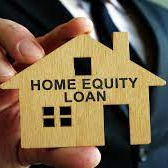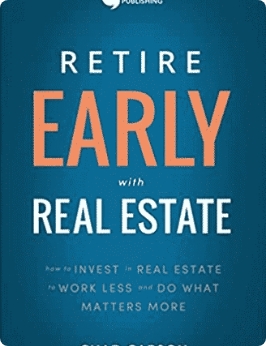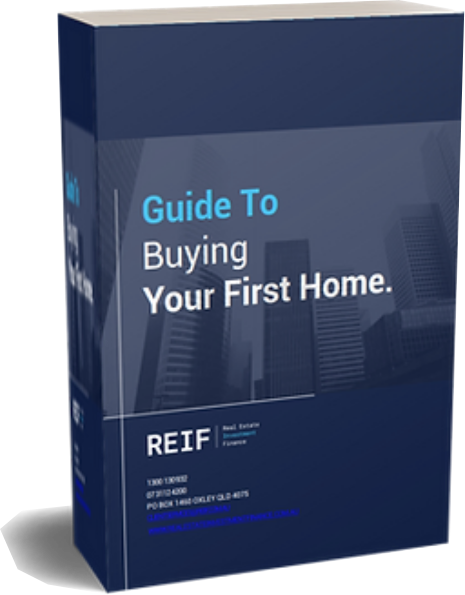Real estate is a growing asset worldwide, and you are the luckiest if you are a homeowner. You have a great weapon in your hands, which is home equity. Home equity loans give you the financial freedom to finance yourself or your business effortlessly. However, you must have a low interest rate to benefit from a home equity loan.
Here you will resolve all your queries concerning home equity loans, how you can get the lowest interest rate in a home equity loan and how it’s different from other types of loans etc. So stick with me to learn about home equity loans.
What’s a home equity loan?
Before coming to our main topic, firstly, we have to know what a home equity loan is. This is a type of loan in which you use your home as security for a loan, and a bank or lender gives you a lump sum amount according to the property price. You repay them anytime gradually from five to 30 years.
What will the lender see?
If you apply for the loan, the lender will see details to give the loan. These details include your debt-to-income ratio, debit score, and the amount of equity you have paid in your current residence. After seeing this, lenders can consider whether a person is eligible for the loan. Furthermore, if the person is eligible, they can get the loan and use the funds as they wish.
Pros of taking a home equity loan
You may wonder what makes a home equity loan better than other debts. The biggest advantage of a home equity loan is fixed interest rates, and no matter how high the property price goes, the interest rate remains the same, but it is still a little higher than a mortgage loan interest. Second, it has lower interest rates than many other debts, which makes it more impressive.
Another good advantage is that we can get a lump sum amount quickly and repay it over a long period at our convenience. We can also use home equity loans for our home’s work and different purposes like education, investment in a business, etc.
Cons of a home equity loan
As in any other debt, the borrower is always at risk of losing out. In the case of home equity loans, the borrower faces the biggest disadvantage. Taking home collateral means there is a great risk of losing your home only if you fail to pay debts and your credit scores start decreasing, which gives you a great chance of losing out.
Additionally, you will be responsible for the loan balance if you sell your home as security. Another big disadvantage is that a borrower can only get a competitive rate by maintaining a good to excellent credit score.
What determines your home equity interest rate?
Multiple factors determine your home equity interest rate. However, there are two most common factors affecting the interest rate that includes:
- The economy
- Your financial situation.
How does the economy affect interest rates?
The interest rate you are given on a home equity loan is partly based on larger economic factors. Lenders have a prime rate, the interest rate adjusted by banks and frequently based on the Federal Reserve’s federal funds rate.
The Fed uses a monetary policy of establishing the federal funds rate to regulate the economy. For instance, if inflation is high, the Fed may raise its benchmark interest rate, but if inflation is low, the Fed may lower its benchmark interest rate. The federal funds rate then affects the prime rate many banks use as a baseline for setting individual interest rates.
How does personal financial situation affect interest rates?
After the banks set the prime rate baseline, the lender will see the riskiness of a borrower and adjust the interest rate on the home equity loan. Below are given the factors which influence your finances. The situation can have a significant impact on the interest rate.
– Credit score
Credit score also impacts your home equity loan’s interest rate. It measures how likely you are to be able to repay the debts. You can get a lower interest rate if you have a long history of excellent credit scores.
Credit scores are based on your debt-payment history (35%), the amount owed ( 30%), the length of credit history (15%), credit mix (10%), and new credit (10%), according to the FICO Score. The digits ranging from 300 to 850 determine your credit score. If you have a greater score than 740, you will be a great candidate for a lower interest rate.
– Debt to income ratio
The lender is also concerned with your debt-to-income ratio. It would be best if you had a lower debt-to-income ratio of 43%, as it increases the risk of the borrower not paying off the loan and losing out. You can determine your debt-to-income ratio by dividing your monthly debt payment by your monthly income.
– Term length
Home equity loans range from five to 30 years. If your goal is to minimize the interest rate on a home equity loan, you should be ranging for a not very long-term length because, in the long term, there is an excellent chance of financial crisis, losing your job, etc., that could result in not paying debts. After all, paying in the long term means giving higher interest rates.
How to get the best rate
Finding the best rate might seem difficult, but it’s not. You only need to do some research, keeping in mind that lenders will base their rate on prime rates holding some margin and fees, etc. So your goal is to get an offer close to the prime rates. It would help if you started a home equity loan application by going to different lenders and checking their rates. You can also tell them about your concerns so they may show you the best offer. Try to gain a short-term offer with the most competitive price possible.
Final remarks
Home equity loans provide significant benefits that other debts fail to provide, such as low interest rates and long-term debt repayment. Taking home equity can be smart, but consider the cons before applying for it. I hope you understand all about home equity loans and will keep your debt scoring better to get home equity loans effortlessly.
Contact Information:
Email: [email protected]
Phone: 7025558901













